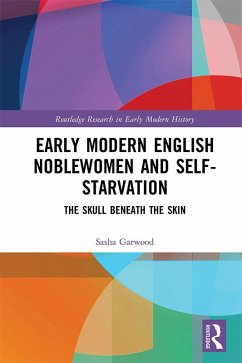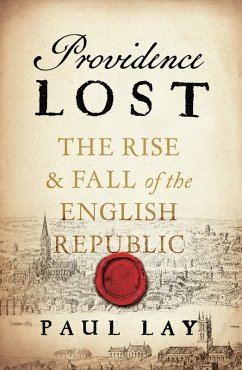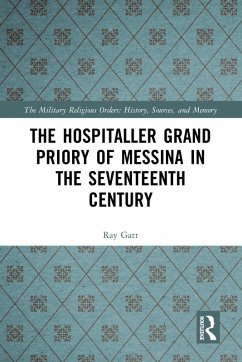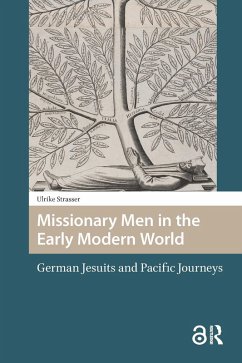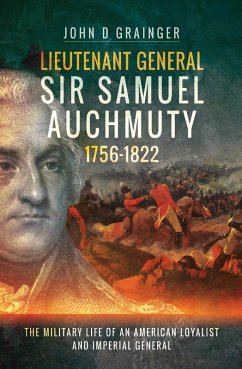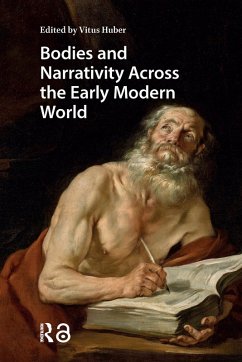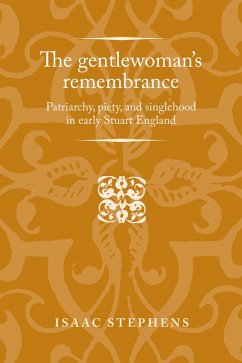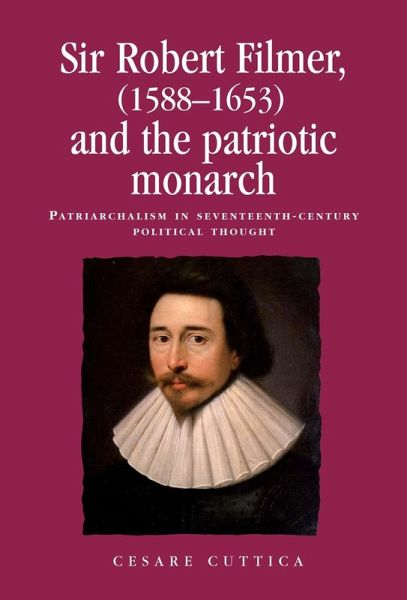
Sir Robert Filmer (1588-1653) and the patriotic monarch (eBook, ePUB)
Patriarchalism in seventeenth-century political thought
Versandkostenfrei!
Sofort per Download lieferbar
21,95 €
inkl. MwSt.
Weitere Ausgaben:

PAYBACK Punkte
11 °P sammeln!
Looks at one of the most unpopular and criticised thinkers in the history of political thought, to provide an illuminating and innovative picture of Sir Robert Filmer (1588-1653) and patriarchalism. This thoroughly researched work will appeal to all those interested in early modern politics and ideas.
Dieser Download kann aus rechtlichen Gründen nur mit Rechnungsadresse in A, D ausgeliefert werden.





